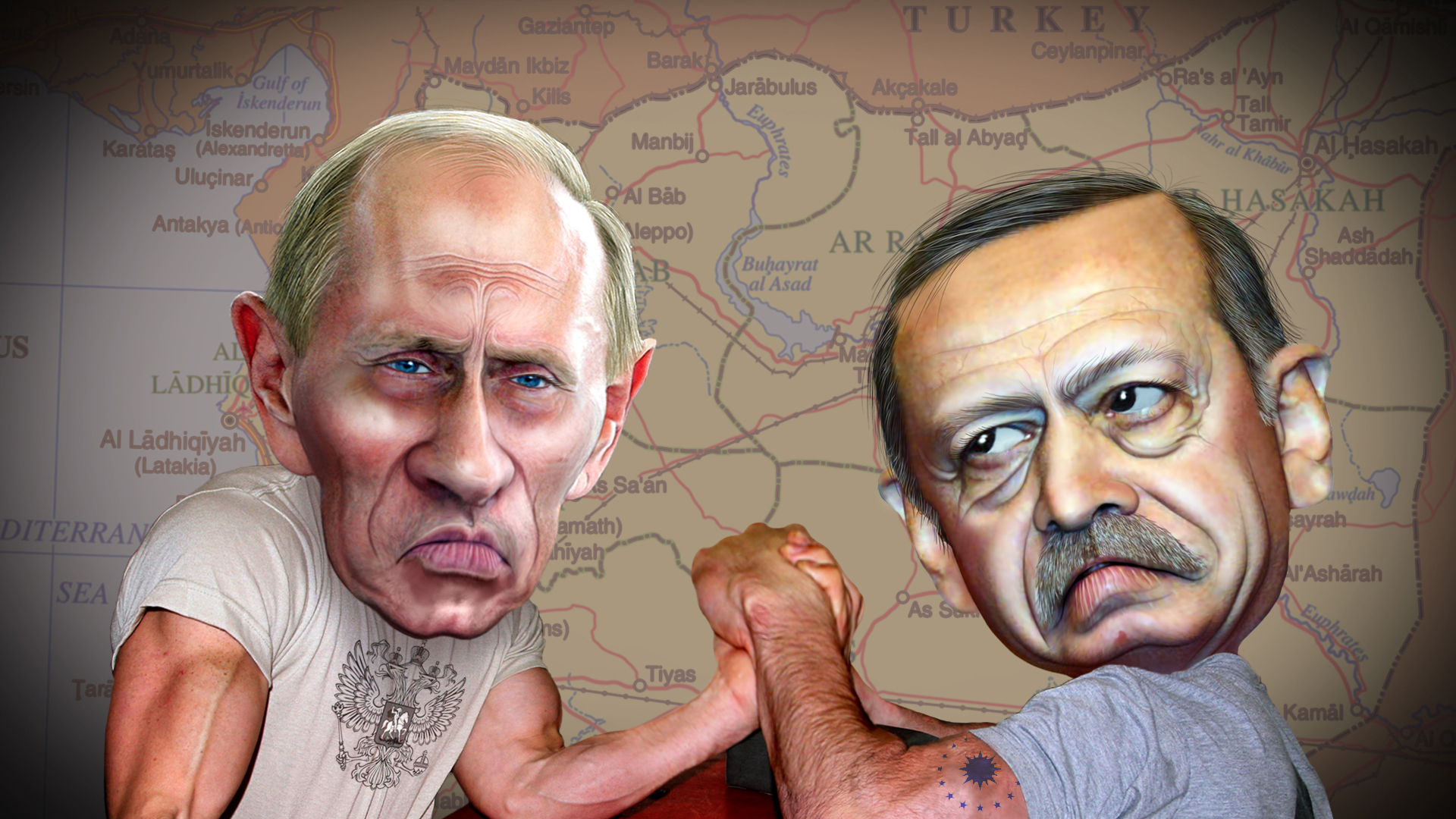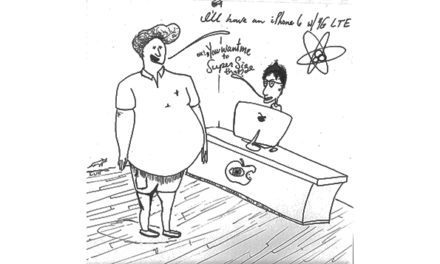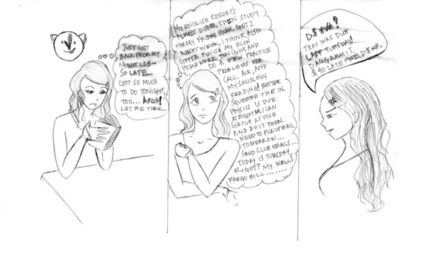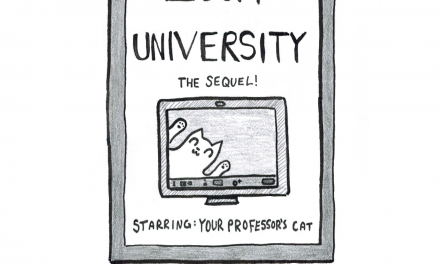Russia, via Twitter, has officially declared economic war on Turkey. President Vladimir Putin and his cabinet have imposed financial regulations on their new enemy. The targets of these regulations will include, but aren’t limited to, bilateral trade, tourism and investment between the two countries. This comes in response to the recent downing of Russia’s Su-24 warplane by a Turkish F-16 fighter jet. According to Turkish President Recep Tayyip Erdogan, Russia had violated Turkey’s sovereignty by flying through its airspace without explicit permission.
Most spectators, who expected a full scale Russian military throw-down on Turkey, see this subtler move as surprising. After all, Putin is not known for his discretion. Russian air force bombing of apparent ISIS locations marked the country’s entry into the Syrian war in September. While Russia stated that the attack was aimed at a specific ISIS location, the world’s political leaders saw it as an attempt by Russia to assert its dominance to further enrage local actors. U.S. Defense Secretary Ash Carter told reporters, “I want to be careful about confirming information, but it does appear that they [Russian airstrikes] were in areas where there probably were not ISIL forces.”
Whatever the motives, the message from Russia was clear. They intend to be an active player in any forthcoming war, so the latest non-military response to Turkey’s bold actions confuse most onlookers. In my opinion this is simply a bully-tantrum. Russia is used to getting its way with allies with no repercussions to its supposed authority. Turkey has clearly disrupted this duplicitous policy that Russia delusionally follows,but the disruption doesn’t settle well with the powerhouse. While economic sanctions are a smart and less destructive play, their consequences, in the long run, can be quite drastic. If every country refused to do trade with allies that try to protect their sovereignty, international trade would come to an abrupt halt. Then why did Putin and his cabinet take such drastic steps?
The reasons for the economic war could be multi-faceted.
This is the first time since the end of the Cold War that there have been hostilities between Russia and an active member of the North Atlantic Treaty Organization (NATO). Perhaps Putin fears the invocation of Article Five of the North Atlantic Treaty, which states that an attack on one ally shall be considered an attack on all allies. Such a result would definitely draw attention away from possibly the biggest security threat the world has faced since Nazi Germany: the Islamic State. Conceivably Putin has reached a level of maturity to realize that resources must be utilized to terminate the bigger threat at hand. The geographical and continental closeness between Russia and Islamic State territories present ISIS as a direct threat to Russia and its allies. And it would, without a doubt, please Putin to come out as the victor in this battle against ISIS. I assume he knows that the United States is doing its best to contain the situation but will not take the extreme measures that Russia can employ to terminate ISIS.
Another more plausible reason for the economic war draws from Putin’s “big-daddy” attitude. Signing economic sanctions against Turkey merely shows Turkey and the rest of the world how much the small nation relies on Russia for exports, energy and other necessary resources. A major sanction may be placed on Russian tourism in Turkey. Russians are second only to Germany in terms of the numbers visiting Turkey, bringing in an estimated $4 billion a year in tourism revenues, which Turkey needs to help fund its gaping current account deficit. Furthermore, Russia is discussing the possibility of limiting agriculture between the two countries. Russia is the world’s largest exporter of wheat and Turkey is the largest buyer of Russian wheat. Moreover, Russia has left Turkish trucks carrying food stranded at the borders or has asked them to turn back.
But the decision to restrict agricultural trade would equally impact Russia, which imports most of its fruits, vegetables and nuts from Turkey. According to Russian officials, however, Russia can always import from China, Azerbaijan, Iran, South Africa and Morocco.
Russia and Turkey’s energy relation is also in jeopardy following the hostilities. In the years leading up to the downing of the Su-24, Russia was in talks with Turkey about building a natural gas pipeline, called Turkish Stream, which would channel Russian gas underneath the Black Sea to Turkey and potentially further on to Southeastern Europe. The construction of the pipeline has, however, been delayed and won’t be completed anytime soon. Furthermore, Russia is Turkey’s largest gas supplier. Turkey imports a total of 20 percent of its gas supply from Russia. Last year, Gazprom Export sold 27.33 billion cubic meters of gas to Turkey. The termination of this energy trade could have drastic consequences for Turkey.
The last possible reason could have to do with Putin viewing Turkey’s actions as a “stab in the back” and a “breach of trust.” The explanation is simple: since Russia no longer trusts Turkey, it will no longer do business with them or consider them an ally. This reason does highlight Putin’s more vulnerable side. But it also demonstrates the hypocrisy in the way Russia conducts its business. While Russia conducts unauthorized activity in its allies’ territories, the same doesn’t apply to Russia’s allies. The mammoth nation expects to get away with actions it deems unacceptable if committed by anyone other than itself
Over the past months, Russia has been constantly intervening in the Middle East with no clear motive and a zero success rate of containing the clash. This could be because Russia’s interests do not align with most of Syria’s neighbors. Russia wants to protect Syrian President Bashar al-Assad and the Kurds in the region. However, Turkey and other Middle Eastern countries have no interest in Assad’s security. This conflict of interests in the region has not created an agreeable end result.
In conclusion, there is a clear tussle of power between the leaders of the two nations. Neither of them seems to be in a forgiving or relenting mood. This is a standoff to the end. With Putin looking for a long and meaningful apology and Erdogan refusing to give one, any cooperation between Russia and Turkey to combat terrorism seems far-fetched. What needs to be considered is which country has more to lose at the end of the long-drawn disagreement? Whichever country that is should look at the bigger picture and adopt tactful diplomacy in the matter.
Pranati Kohli is a College sophomore from New Dehli, India.







Honestly, this article is a joke. It doesn’t cover even one important point in this conflict, and is extremely slanted and one-sided. Erdogan is doing whatever is possible to overthrow Assad, including supporting Al-Sham, Al-Nusra, and turkmen terrorirsts, and even turning a blind eye, at the very least, towards ISIS actions to its south. While Putin has his own geopolitical interests in mind, he is bombing terrorist-held territory, whether ISIS or not, and that’s okay with me. No clear motive? It is very clear, he’s supporting his ally Assad. At least he is doing something against ISIS. Turkey shooting down the Russian plane was a huge mistake for Turkey, and they just lost any ground they barely had in Syria and any possibility of a safe-zone there either.